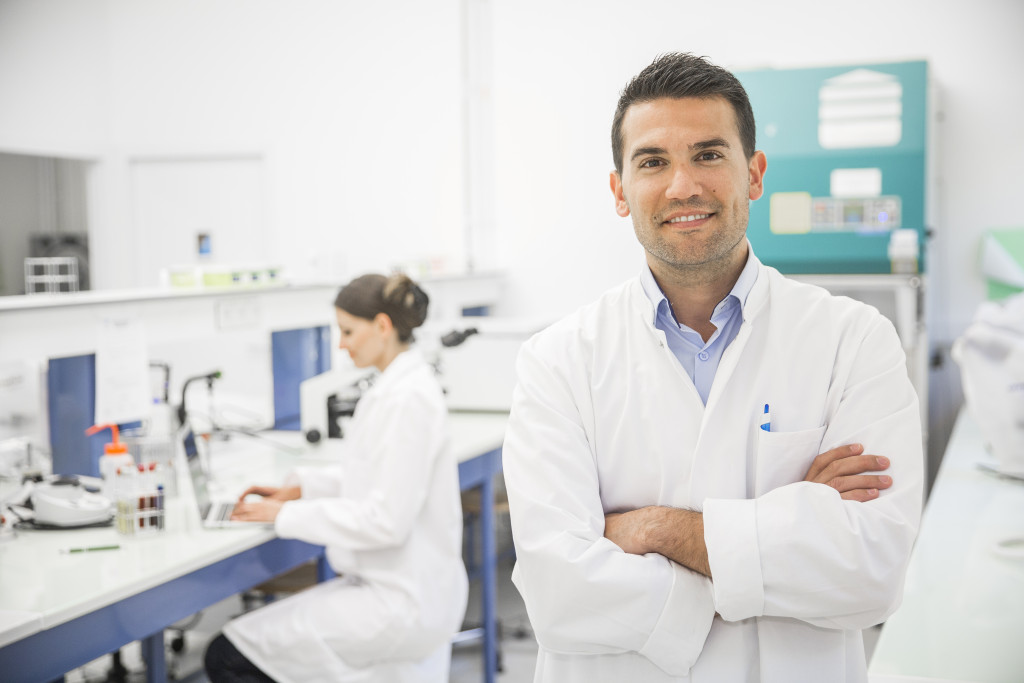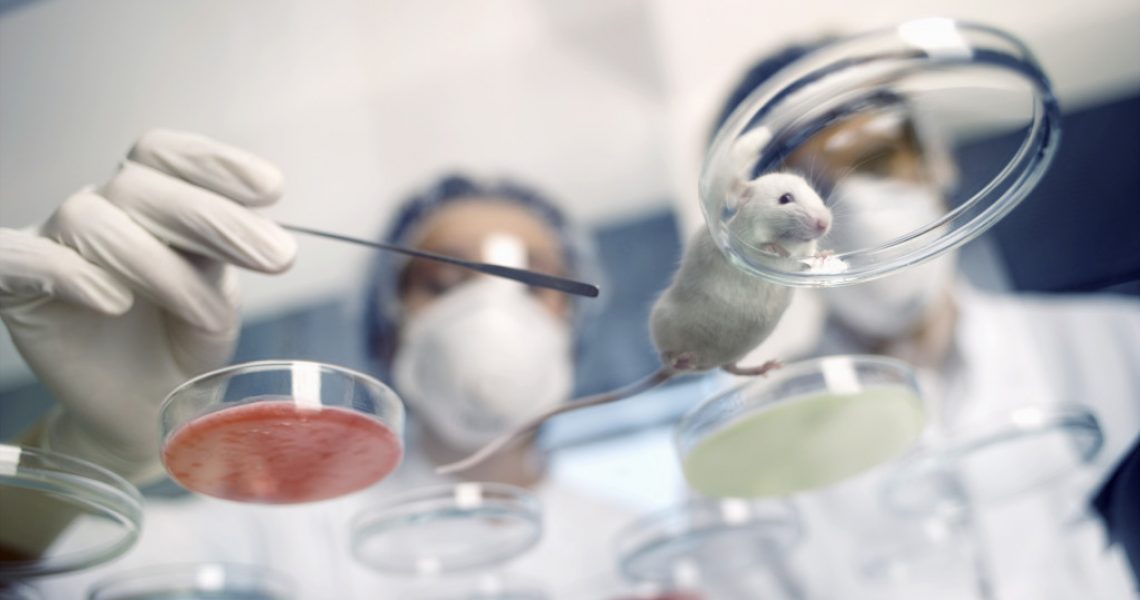According to a study by rarediseases.org, around 7,000 rare diseases affect at least 25 million Americans. The whole family is affected when a person is diagnosed with a rare disease. Not only do they have to worry about their loved ones, but they also have to learn how to navigate the complex medical system and find support from other families who are going through the same thing.
Thankfully, more resources are now available for people with rare diseases. Thanks to advances in research, doctors are starting to understand these diseases better and are developing new treatments. This has led to a growing community of people who are dedicated to helping others with rare diseases.
What Is a Rare Disease?
According to the National Institutes of Health, a rare disease is defined as one that affects fewer than 200,000 people in the United States. Many of these diseases are genetic disorders and can be life-threatening or chronically debilitating.
One example is cystic fibrosis, which causes thick mucus to build up in the lungs and digestive system, leading to severe respiratory and digestive problems. Another is Duchenne muscular dystrophy, a progressive muscle disorder that primarily affects boys.
In some cases, finding an effective treatment for rare diseases can be difficult because they affect a small portion of the population. Pharmaceutical companies may not see enough profit potential in developing drugs for these disorders, leaving patients and their families to rely on clinical trials and experimental treatments.
How Research Is Helping People With Rare Diseases
Thanks to advocacy groups and research funding, progress is being made in understanding and treating rare diseases. For example, the Cystic Fibrosis Foundation has funded research that led to the development of new medications that can significantly improve the quality of life for people with cystic fibrosis.
In addition, patient support organizations have become more active in connecting individuals with rare diseases to each other and providing support and resources. Social media has also played a huge role in building communities for people with rare diseases. It allows them to connect with others going through the same thing and share information on potential treatments and coping strategies.
What Researchers Can Do to Improve Rare Disease Research
Researchers can continue to work towards finding new treatments for rare diseases by collaborating with patient advocacy groups and ensuring that the voices of patients and their families are heard in the research process. They can also advocate for increased funding for rare disease research and raise awareness about the importance of finding solutions for these disorders.

Ultimately, continued advancements in rare disease research will benefit individuals, their families, and the larger medical community. Understanding rare diseases can lead to breakthroughs in understanding more common diseases.
However, researchers need help from patients with rare diseases to conduct the research. But finding patients who can offer good clinical research data can be challenging. Hence, they should take help from patient recruitment agencies. These agencies can help conduct rare disease patient recruitment campaigns to hire the top patients with rare diseases who can give researchers all the data they need for research purposes.
The Benefits of Building a Rare Disease Community
A strong community can provide crucial support for individuals and their families living with a rare disease. It can also help to raise awareness about these disorders and advocate for better resources and research.
Individuals can share experiences, practical tips, and emotional support by connecting with others in the rare disease community. This can make them feel less isolated and provide hope for managing the challenges of living with a rare disease.
Overall, creating a community for those affected by rare diseases can lead to increased understanding and improved quality of life for individuals and their families. And as awareness and research efforts continue to grow, there is hope for better treatments and cures for these disorders.
How To Find Support if You or Someone You Know Has a Rare Disease
If you or someone you know has a rare disease, reaching out to patient support organizations can be helpful. These organizations often have resources and connections to other individuals and families affected by the same disorder.
You can also search for online communities or support groups specific to your rare disease. Joining these virtual communities can provide connections, information, and support from others going through similar experiences.
Additionally, talking to healthcare professionals and staying updated on current research can help provide options for managing symptoms and seeking potential treatments. As more progress is made in understanding rare diseases, there may be new developments in available treatment options.
Final Thoughts
While living with a rare disease can present unique challenges, support from patient advocacy groups, online communities, healthcare professionals, and continued research efforts can improve the quality of life for individuals and their families. And hopefully, as the understanding of rare diseases grows, there will be advancements in available treatments and potential cures.

